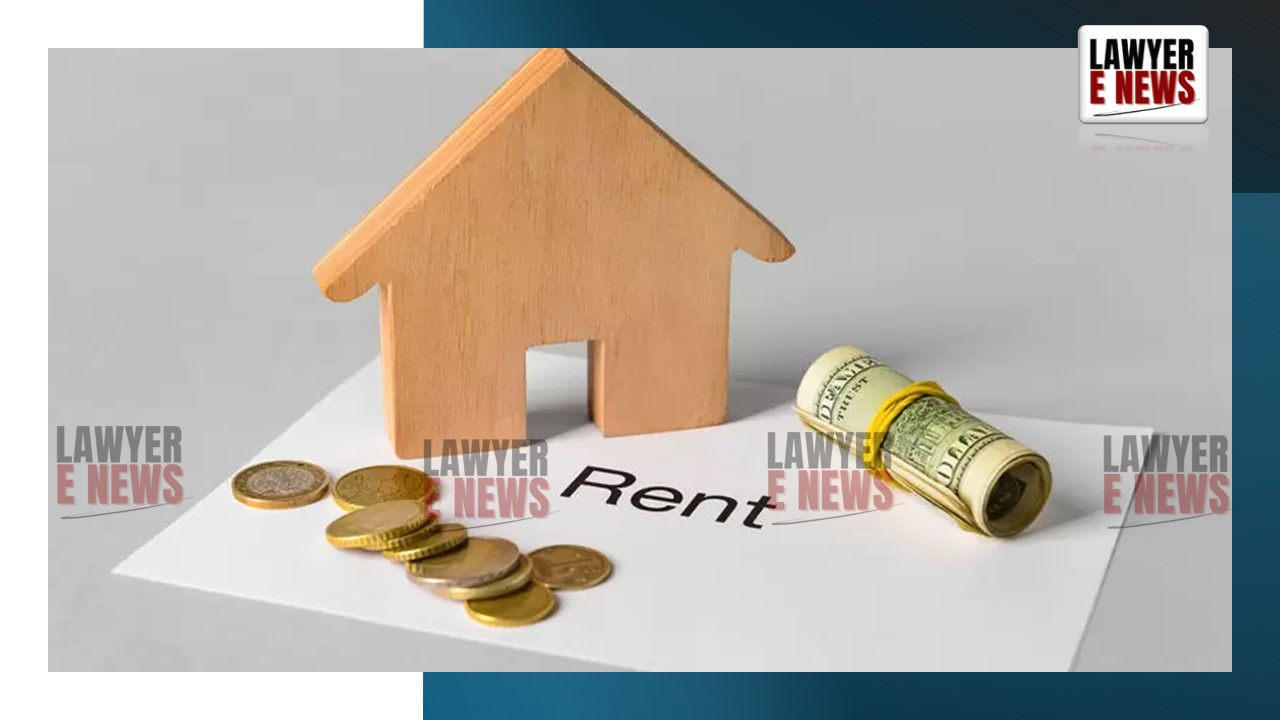-
by Admin
15 February 2026 5:35 AM



The Punjab and Haryana High Court has upheld the decision of the Rent Controller, Chandigarh, permitting the landlord to introduce additional evidence in an ongoing rent dispute. The judgment, delivered by Justice Deepak Gupta, emphasizes the importance of allowing evidence that could lead to a "just and effective adjudication" of the landlord's claim of bona fide necessity, despite the procedural stage of the case.
The dispute arises from a rent petition filed by M/s APS International Pvt. Ltd., the landlord-company, against its tenant, M/S Harbir Automobiles, under Section 13 of the East Punjab Urban Rent Restriction Act, 1949, as applicable to Chandigarh. The petition was filed in May 2018, citing non-payment of rent and the personal necessity of the landlord-company. During the proceedings, the landlord's evidence was initially closed after examining two witnesses. However, following the tenant's submission of evidence, the landlord moved an application to introduce additional evidence, specifically to allow Amit Gupta, a director of the landlord-company, to testify.
Justice Deepak Gupta's judgment underscores the flexibility courts retain under Section 151 of the Code of Civil Procedure (CPC), even after the deletion of Order 18 Rule 17A, which previously allowed for the introduction of evidence at a late stage. The court noted that the inherent powers under Section 151 can be invoked to reopen evidence or recall witnesses if it serves the ends of justice and is not merely a tactic to delay proceedings.
The High Court relied heavily on the Supreme Court's guidance in K.K. Velusamy v. N. Palanisamy, which allows for the exercise of inherent powers to admit additional evidence under specific circumstances. The court found that Amit Gupta, the director of the landlord-company, was better positioned than the previously examined Accounts Manager to testify on the issue of bona fide necessity, a central claim in the landlord's petition. The judgment clarified that allowing this testimony was not about filling a procedural gap but ensuring that the case could be adjudicated on its substantive merits.
Justice Deepak Gupta remarked, "The proposed evidence will assist the court in coming to the conclusion as to whether the necessity as projected by the landlord company is bona fide or not. As such, no prejudice has been caused to the tenant by allowing of the application."
The High Court's decision reinforces the judiciary's commitment to ensuring that substantive justice is not sacrificed at the altar of procedural technicalities. By affirming the Rent Controller's decision to allow additional evidence, the judgment paves the way for a more thorough examination of the landlord's claims, potentially setting a precedent for similar cases in the future.
Date of Decision: July 26, 2024
